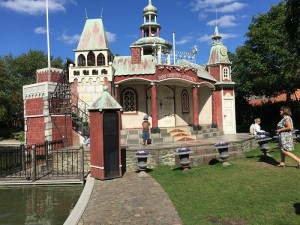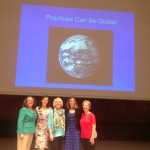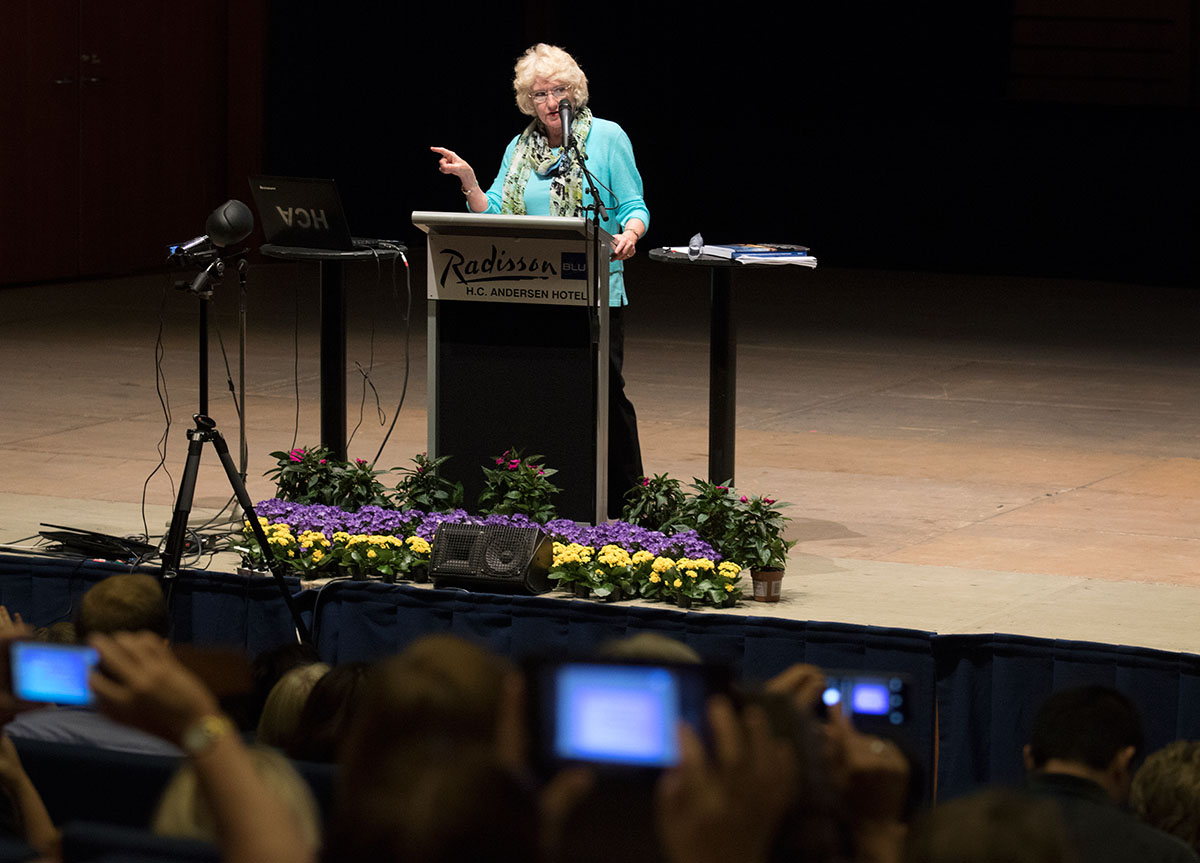UALR professor gives keynote speech at international conference
Curriculum developed at the University of Arkansas at Little Rock recently took a worldwide stage during an international conference for researchers and educators who work with gifted and talented students.
Dr. Ann Robinson, professor of educational psychology and founding director of the UALR Jodie Mahony Center for Gifted Education, participated in the World Council for Gifted and Talented Children conference, both as a keynote speaker and workshop presenter.
The setting for the conference — Odense, Denmark, the childhood home of Hans Christian Andersen — was inspirational, something Robinson said she incorporated into her workshop on using biography-based curriculum for gifted readers primarily in kindergarten through eighth grade.

For an educator fascinated by creativity, “the location itself was magical,” Robinson said. “It was just a fairy-tale setting.”
Biographies that depict Andersen’s childhood or that focus on the early years of notable historic figures like Thomas Edison or Albert Einstein are the types of texts Robinson had in mind when she created the Blueprint for Biography gifted and talented curriculum in recent years.
“It’s extremely engaging for both teachers and kids,” Robinson said.

In addition to leading the workshop, Robinson gave the keynote speech, titled: “What makes a practice best? Evidence-based recommendations in gifted education.”
One of the challenges for Robinson — associate editor of Gifted and Talented International, the journal for the World Council for Gifted and Talented Children — was to craft a message that could apply to both researchers and educators from a variety of cultural backgrounds.
Those perspectives from other countries also were educational for Robinson, who noted that teachers and researchers in other parts of the world have their own ideas and perspectives on the best ways to educate gifted students.
“There are different approaches, and that’s part of what makes that conference so truly fascinating,” Robinson said.
This wasn’t Robinson’s first World Council conference, which is held every other year. It won’t be her last, either. Robinson already plans to attend the 2017 conference in Sydney, Australia.
Note: Main photo courtesy of Sam Oldenburg, Center for Gifted Studies
